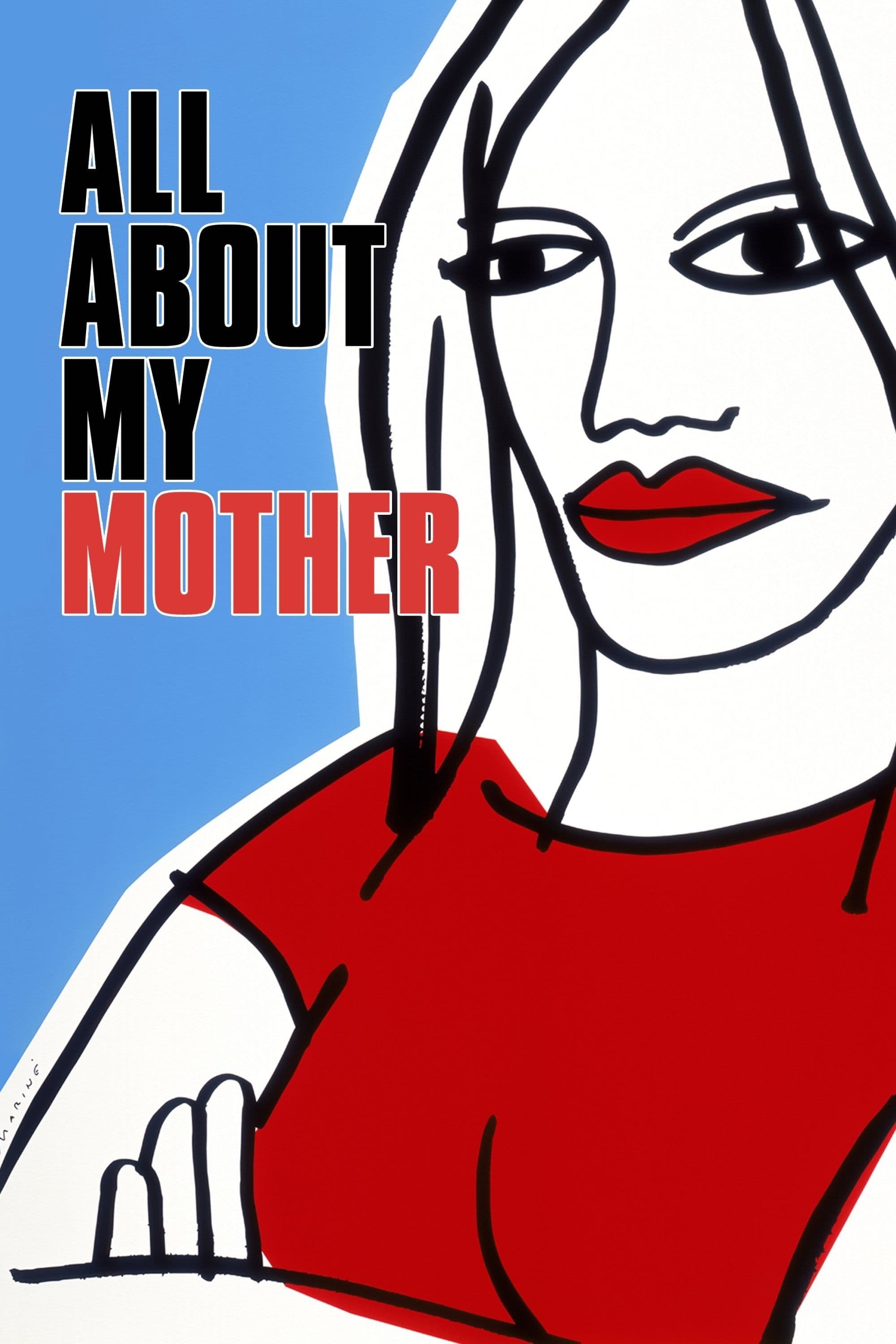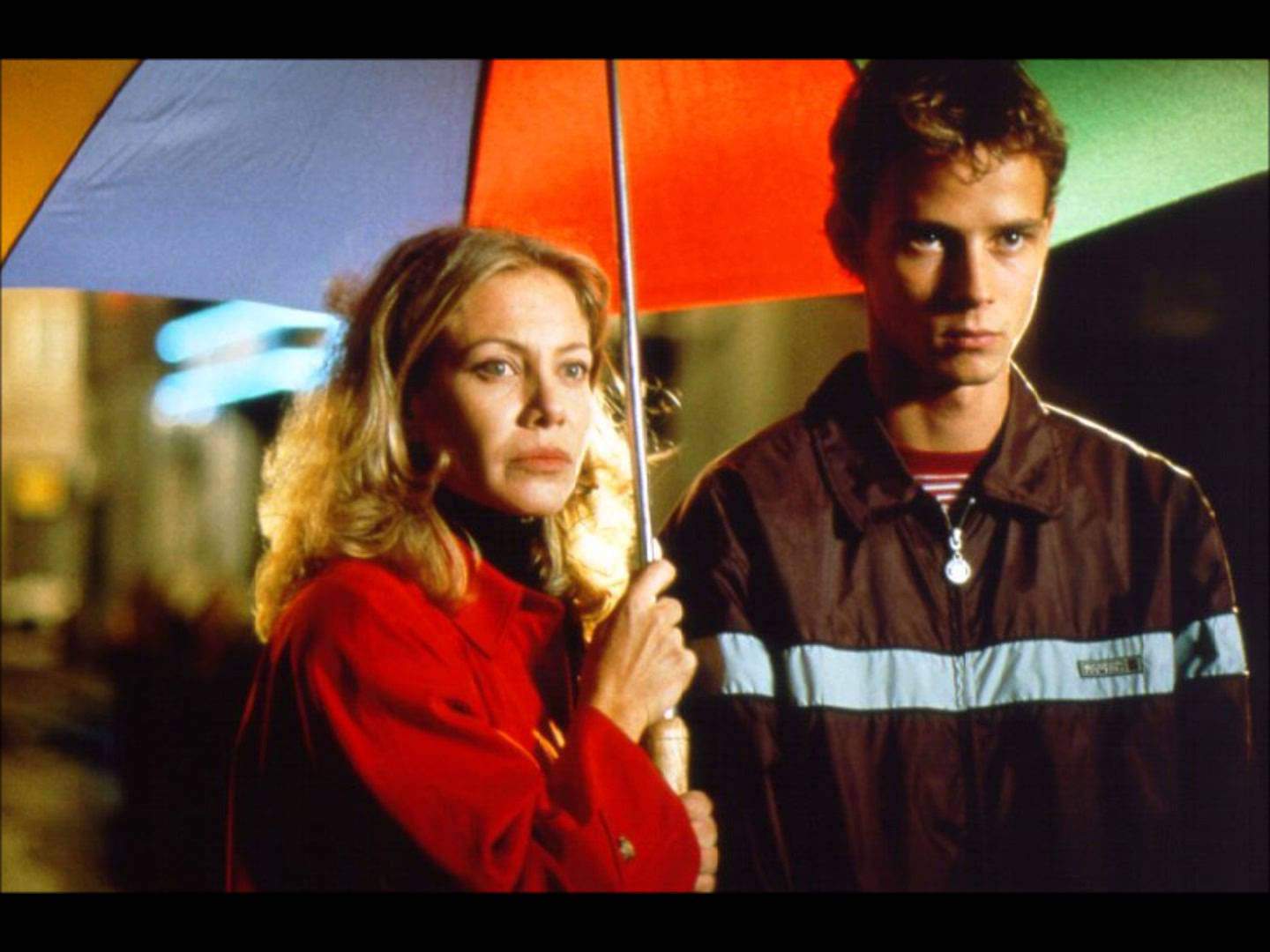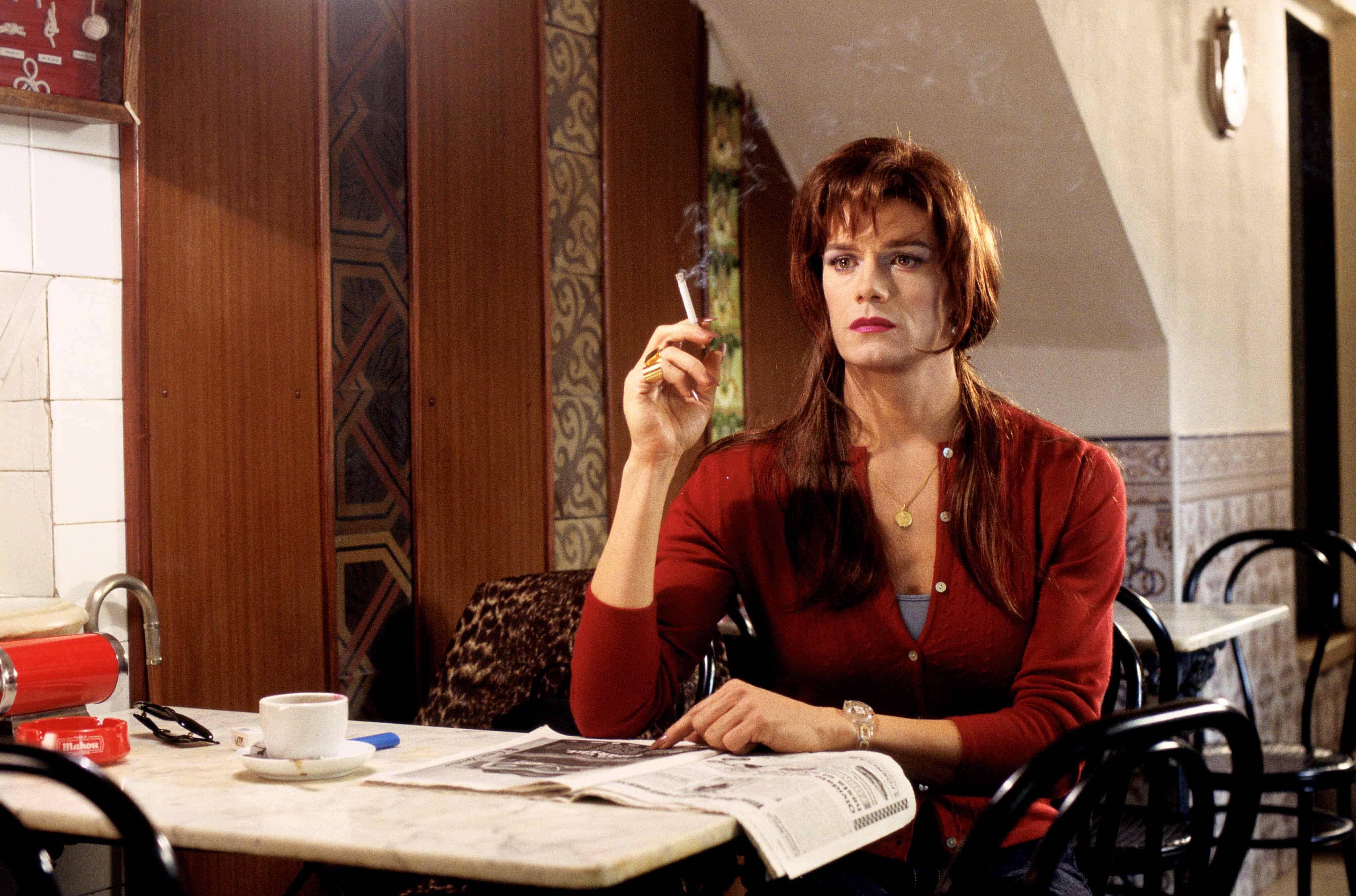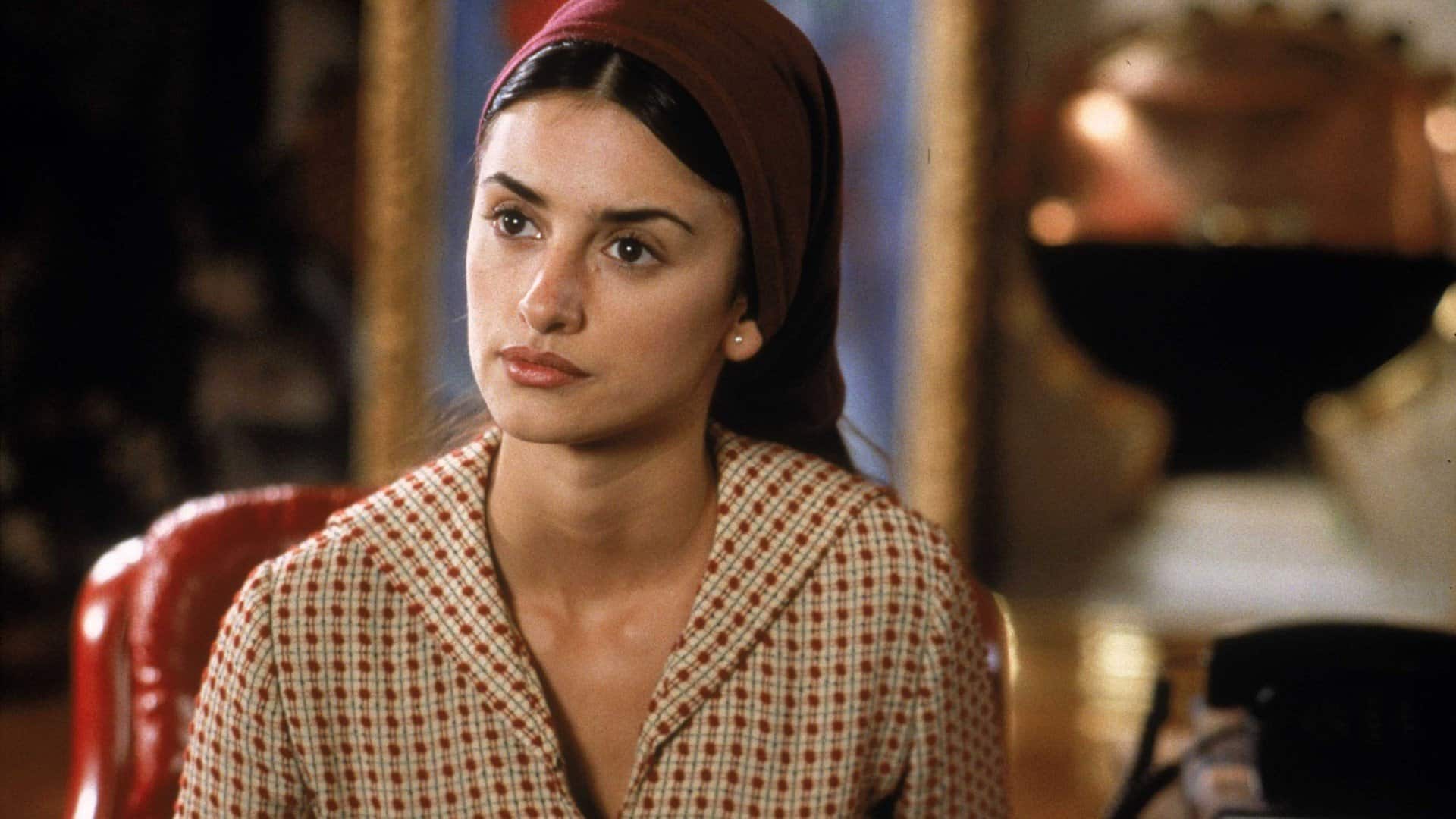
All About My Mother
1999
Rate this movie
Average: 0.00 / 5
(0 votes)
Director
Almodóvar, in one of his most moving films, delves into the emotional sphere, bringing to light different types of love that ultimately merge into a single powerful emotion permeating every frame. It is not only maternal love that serves as the epicenter, but a kaleidoscope of affections: filial love that precedes grief, fraternal and platonic love that provides support, unconventional love that defies social dogmas, and even a love for art and for life itself, in all its forms, even the rawest and most unexpected. This uninterrupted flow of sentiment, so typical of the Spanish director's cinema, elevates melodrama to a cathartic experience, where pain does not annihilate, but transforms into lifeblood for a rebirth.
A mother, Manuela, witnesses her only 17-year-old son, Esteban, die after being hit by a car, precisely in an attempt to get an autograph from Huma Rojo, a theatre icon. It is an event so painful that it forces her to rethink her life, her choices, and those left behind. Her son's death, so sudden and brutal, is not just a personal tragedy but a true rite of passage that plunges her into a limbo of grief and existential questions. Manuela, a professional nurse and therefore accustomed to confronting life's fragility, finds herself facing her own absolute vulnerability. She thus decides to embark on a journey back, or perhaps of discovery, towards a buried past: to seek Esteban's father, a transvestite living in Barcelona, about whom her son was desperately seeking news through the pages of his diary. This pilgrimage is a metaphor for an interior exploration, an attempt to mend existential ruptures and to give meaning to an otherwise unbearable pain.
In Barcelona, she meets Agrado, an old friend who is also transsexual, who will host her and soon become much more than a shoulder to cry on. Agrado, whose name means "pleasant" and who introduces herself with the unforgettable phrase "One is more authentic the more one resembles the idea one has dreamed of oneself," embodies the film's philosophy on identity and authenticity. Through her frankness and her ability to celebrate her own "truth" made of "silicone, injections, and operations," Agrado becomes a guide, an almost shamanic figure who helps Manuela navigate the city's vibrant and transgressive underworld. A dialectical play of encounters and incredible stories begins, overlapping with one another, creating a dense network of female solidarity and marginalized existences that find in this very marginality the strength to resist and, finally, triumph. Stories of surrogate mothers, unconditional friendships, sacrificed and rediscovered loves, which will culminate in a new love for Manuela to cherish, yet another proof of her extraordinary capacity for resilience and self-giving.
A commendation for Cecilia Roth's performance, an actress of pure instinct, with great acting charisma. Her Manuela is a crossroads of suffocated pain, dignity, and a quiet determination that makes her extraordinarily empathetic. Roth doesn't just act, she lives the character, conveying with a glance, a gesture, the abyss of her loss and the inexhaustible strength of her humanity. Her performance is an emotional pillar that supports the entire narrative framework, allowing the audience to believe in every turn, every encounter, every tear and every smile.
Almodóvar breaks down the parent-child relationship like a prism, placing it as the narrative core and at the same time as a pretext to embroider around it stories born of the same love, but manifested in unexpected forms. The film questions the meaning of "mother," expanding it far beyond blood ties. The subplot of Sister Rosa, HIV-positive and pregnant, who entrusts her child to Manuela before passing away, is of overwhelming beauty and represents the apex of this reflection. Sister Rosa's story, with her naive purity and her tragic vulnerability, is an ode to altruism and compassion. Her decision to carry the pregnancy to term despite the illness, her struggle for dignity, and her final act of trust in Manuela, delineate a motherhood that transcends every convention and prejudice, showing itself in all its universal and selfless strength. Almodóvar, with his unmistakable sensitivity, dismantles rigid social labels to celebrate an idea of family based on choice, affection, and mutual support, where mothers are not only those who give birth, but those who love, care for, and protect, regardless of sex, orientation, or social status.
The film's title is an homage to All About Eve, Joseph L. Mankiewicz's 1950 masterpiece, and in particular to a cinematic icon so dear to Almodóvar: Bette Davis, who here returns in the embodiment of Huma Rojo, an aging talented theatre actress, muse and lover of Agrado. This reference is not coincidental: Todo sobre mi madre (All About My Mother) is not just an homage to classic cinema, but a postmodern reinterpretation of its archetypes. Like Margo Channing in All About Eve, Huma is a theatre diva, fragile and powerful, who confronts the passage of time and the pressure of a ruthless industry. The narrative plot, with Manuela entering Huma's world, partly recalling Eve Harrington's ascent, but with very different intentions, allows Almodóvar to explore the theme of theatre as a metaphor for life, where people play roles, hide behind masks, and try to make sense of their personal drama. The scene where Manuela replaces an actress, resuming a role she already knew, becomes an emblem of her adaptability and the cyclical nature of existence.
With his palette of vivid colors and a mise-en-scène that blends kitsch with elegance, Almodóvar creates an unmistakable cinematic universe, where pain is tinged with passionate red and hope shines with its own light. The music, often present at key moments, amplifies the emotion without ever descending into the pathetic, but rather elevating the narrative to an almost lyrical dimension. All About My Mother is not just a film about loss, but an ode to the human capacity to find strength in vulnerability, beauty in eccentricity, and family in the improbable. It is a moving celebration of the power of female solidarity and the ability to rise from one's own ashes, a masterpiece that continues to resonate for its emotional honesty and its audacious vision of love and existence.
Genres
Gallery






Featured Videos
Official Trailer
Comments
Loading comments...